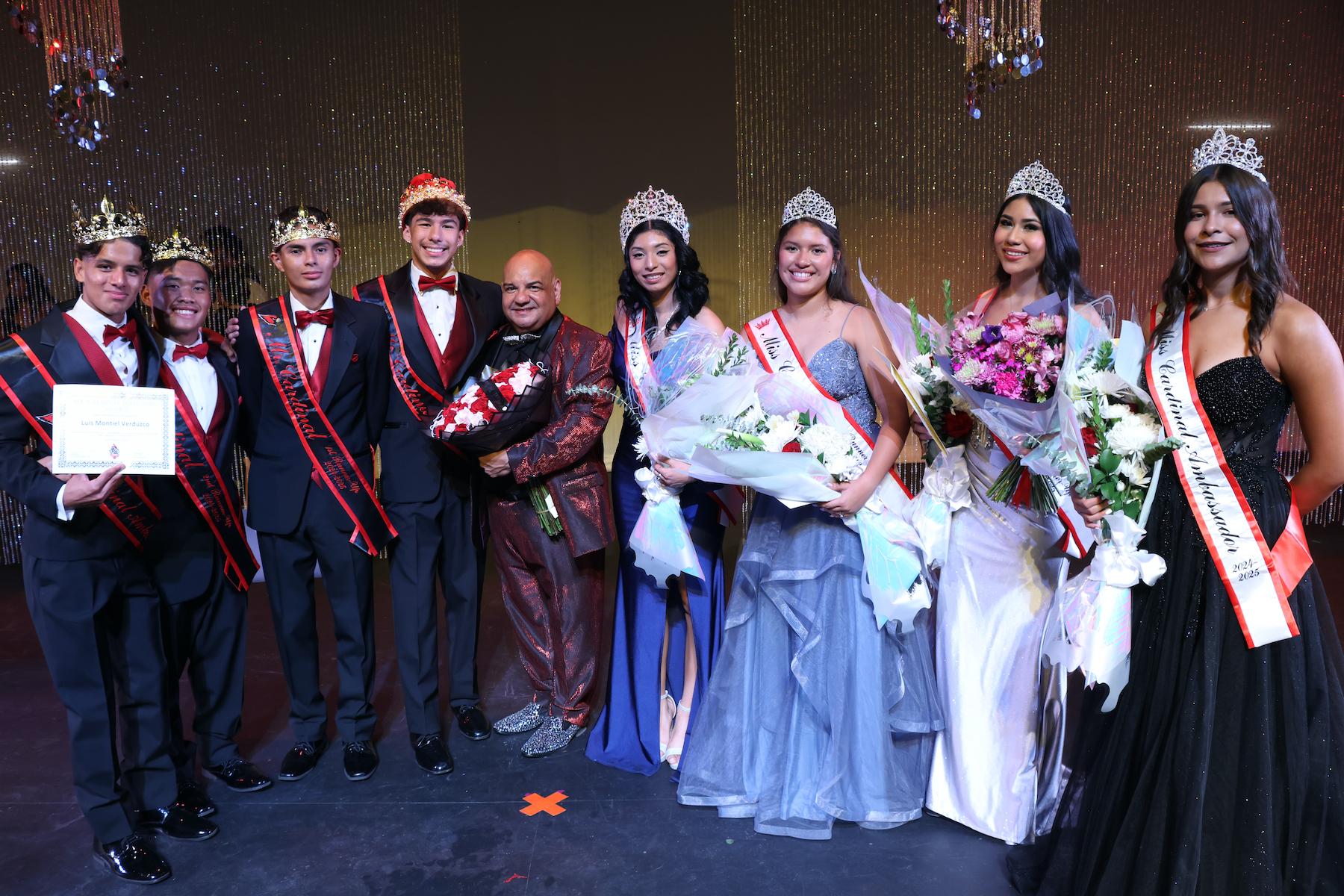Mitsubishi responds with stern statement
LOS ANGELES – On Thursday, July 18, energy giant Southern California Edison (SCE) filed a formal notice of dispute against Mitsubishi Heavy Industries, Ltd., and Mitsubishi Nuclear Energy Systems, seeking to hold the Japanese company responsible in the manufacturing defects that were found in replacement steam generators (RSGs) at the now closed San Onofre Nuclear Generating Station (SONGS).
“Our action is about making sure that Mitsubishi takes responsibility for providing the defective steam generators that led to the closing of SONGS,” SCE president Ron Litzinger said in a statement.
This action by SCE is seen as one of the first steps the company is taking, in a possibly long legal battle over who’s to blame on the closure of the nuclear facility and who would answer for the losses.
In January 2012, San Onofre Nuclear Plant was shut down after plant managers detected a small radiation leak in one of the generator facilities. Later on, inspections led to the discovery of other unexpected wear and tear to the virtually new tubes that were being used to move around radioactive water in the generators.
According to the SCE statement, Mitsubishi failed to design tube support structures capable of withstanding extreme thermal hydraulic conditions within the RSGs.
“As a result, the RSGs experienced damaging flow-induced vibration that caused several types of tube wear,” SCE noted.
In June 2013, SCE announced that SONGS would be permanently closed. An Associated Press report observed that the energy firm was “surrendering in a costly and drawn-out fight over whether it [the power plant] was too damaged to operate safely.”
SCE said in its statement that Mitsubishi was contractually required to repair the RSGs “with due diligence and dispatch.” SCE’s notice of dispute has, however, alleged that Mitsubishi had “failed to do so.”
The energy firm also claimed in their statement that Mitsubishi “is responsible for the enormous harm that its failures have caused to California ratepayers, SCE, and the other SONGS owners.”
Mitsubishi was given 16 months to set things right, but Mitsubishi failed to live up to its contractual obligations, SCE said.
The energy firm noted in their statement that they had already invoiced the heavy machines and nuclear systems company with the money spent on repairing the RSGs, but SCE claimed that Mitsubishi “has refused to even acknowledge responsibility for these costs, even after receiving thosuands of pages of documents in support.”
On July 19, Mitsubishi, through their website (www.mhi.co.jp) responded to SCE’s letter with a firm statement. They called SCE’s allegations of negligence on Mitsubishi’s part as “factually incorrect, legally unsound and inappropriate.”
The Japanese company indicated that they will not take SCE’s accusations without a fight, saying that they will “aggressively defend” themselves “by accurately representing the facts involved, and will take any and all actions necessary to protect its rights.”
According to the statement released by Mitsubishi: “The direct cause of the leakage was determined to be tube-to-tube contact wear in the U-bend region of a Unit 3 steam generator. The kind of wear that occurred had never been observed in any steam generator of the U-bend type.”
“The SONGS steam generators were designed and manufactured with SCE’s full supervision and approval and in accordance with well- established and accepted codes and standards along with our own knowledge and experience plus that of outside experts,” said the statement further.
“Mitsubishi’s liability to SCE is limited by the contractual provisions to which the parties agreed, as SCE has disclosed in its findings with the US Securities and Exchange Commission, and includes an overall limitation of liability (approximately US $137 million) as well as preclusion of consequential damages, including the cost of replacement power,” Mitsubishi said.
According to SCE, there are contractual exceptions and California law provisions that nullify the liability limit set forth above. SCE pointed that since limitations are not enforceable, Mitsubishi is now responsible for “the full measure of damages incurred by SCE the other SONGS owners and their customers.”
SCE’s Notice of Dispute signaled the start of a 90-day time frame wherein both sides are expected to try and settle their differences.
(With reports from AP)
(www.asianjournal.com)
(LA Weekend July 27-30, 2013 Sec A pg.8)


